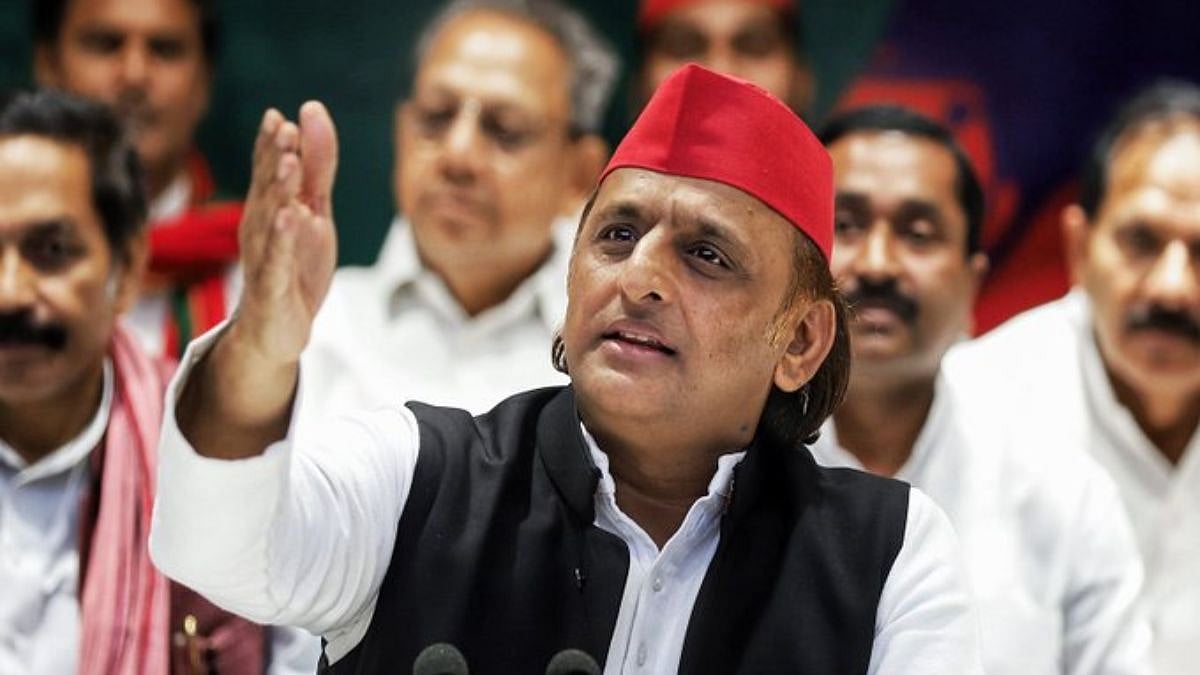What can be regarded as one of the most popular provisions of the Income Tax Act (‘the Act’) is Section 54. It provides that the long-term capital gains you earn from the sale of a residential house property can be claimed exempt, if you were to invest the gains, so earned, in another residential house property.
The law has also prescribed the time limit for buying the new house property as within two years from the date of sale of the old one or in case you decide to construct a new property, then you are given three years from the date of sale, to complete the construction.
Generally, the value of new flat as per the agreement is considered for the sake of calculating the value eligible for exemption u/s 54. The stamp duty and registration fees paid to complete the registration process too can be added to this value. In one of the recent cases that was decided by the Tax Tribunal, there was a twist to this generally accepted principle.
The taxpayer had claimed an exemption of Rs. 62.5 lakhs from long-term capital gains earned on sale of his residential flat, in his return of income, on account of investment made in a residential property within the prescribed time limit. During the course of assessment, the taxman observed that the purchase deed of the said property showed the consideration for the new property as Rs. 48.50 lakhs only. Based on this observation, the taxpayer was asked to explain why the exemption of Rs. 14 lakhs should not be denied to him.
In his explanation, the taxpayer submitted that he had incurred expenses of Rs. 12 lakhs for extra work and Rs. 2.5 lakhs for various local taxes and legal fees. The taxpayer emphasized that in order to make the new house inhabitable, he had incurred the additional repairs work in the flat and that this repair work was carried out by the same builder who had constructed the building. Further, these payments were made through the banking channel and the relevant details of the same were submitted before the tax officer.
The taxman was not convinced with the above and disallowed the claim for exemption u/s 54 of the Act to the extent of Rs. 14 lakhs on the grounds that this expenditure was incurred before taking possession of the flat. This stand by the taxman was accepted by the first level appellate authority.
The taxpayer took up this matter further before the Tax Tribunal, where the latter observed on the basis of records presented before them, that the genuineness of the payment of Rs. 12 lakhs for repair work and the balance amount has not been doubted by the tax officer. The Tribunal relied on an older decision of the Tribunal, wherein it was held that there is no restriction on the buyer from incurring any construction expenditure on improvisation or supplementary work of a ready-made unit. The additional expenses, so incurred, would be eligible for qualifying as investment made under section 54 of the Act.
The Tribunal, in the present case, further observed that there was no embargo given under section 54 of the Act on a claim of such expenses. Taking into consideration the fact that the taxpayer had incurred expenditure for making the new property habitable within the stipulated time as per the provisions of the Act, the Tribunal ruled that the tax payer was eligible to claim the expenditure as an exemption u/s 54, that was earlier disallowed by the tax officer.

Key points
Section 54 stipulates that a new house property purchased within 2 years or a new flat constructed within 3 years will be eligible to claim exemption u/s 54 of the Act.
The section has not expressly laid down any restrictions for claiming expenses incurred prior to possession that are required to make the new house inhabitable.
As long as expenses have been incurred within the prescribed time-limit, the same may be eligible for exemption us/s 54.
(The writer is the Founder of Arvind Rao and Associates, a tax and financial consulting firm based in Mumbai)







